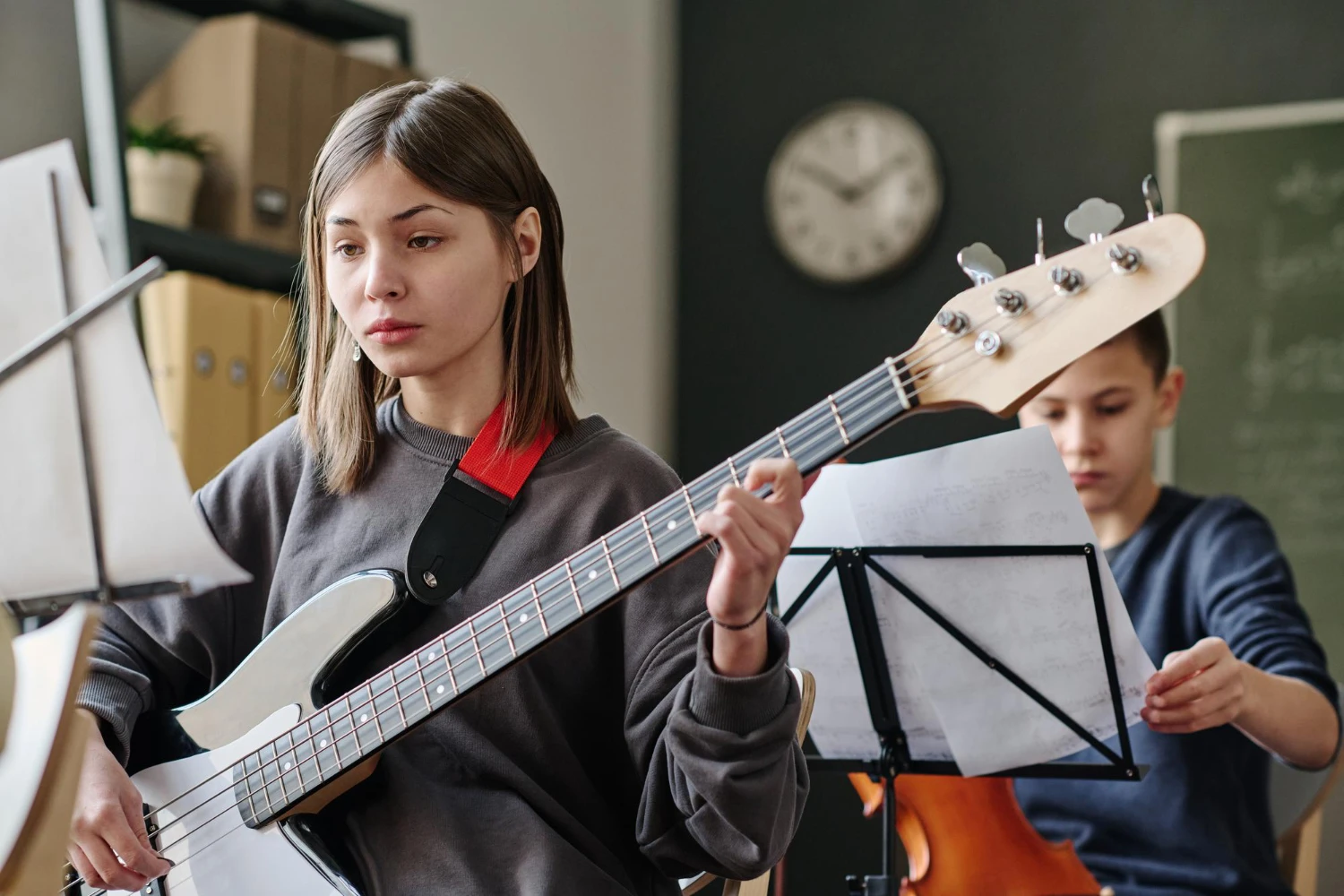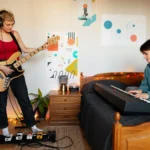
The Role of a Music Teacher in Secondary Schools: More Than Just Notes and Scores
As a secondary school music teacher, my job extends far beyond teaching scales, rhythms, and notation. Music is a powerful medium—one that nurtures creativity, boosts confidence, and offers young people a voice when words may fall short.
Inspiring Young Minds Through Music
In the classroom, music becomes more than an academic subject. It’s a space where students can explore identity, collaborate with others, and develop a lifelong appreciation for the arts. Whether it’s through performance, composition, or critical listening, students learn to express themselves, think creatively, and work as a team.
One of the most rewarding aspects of teaching music is seeing students grow in confidence—from the shy Year 7 student unsure about picking up an instrument, to the Year 11 student performing solo at the school concert.
Skills Beyond the Subject
Music education also contributes to a student’s broader development. Through music, students:
- Develop discipline and time management through regular practice
- Learn resilience through feedback and revision
- Gain cultural awareness by exploring music from diverse backgrounds
- Build leadership and communication skills through ensemble work
These are skills that transfer well beyond the classroom and into their future careers and personal lives.
Embracing Technology in Music Education
In today’s digital world, I integrate technology into music teaching—whether it’s using software for composition and production, or incorporating online tools to support remote learning and student collaboration.
This approach ensures that students gain relevant skills and prepares them for both traditional and contemporary pathways in music and media.
Creating Inclusive and Accessible Opportunities
Not every student will go on to become a professional musician—but every student deserves the chance to explore their musical potential. That’s why I prioritise inclusivity, making sure my lessons are accessible and engaging for all learners, regardless of their background or prior experience.
From group ukulele sessions to digital beat-making projects, I aim to create a curriculum that reflects a wide variety of musical tastes, learning styles, and cultural contexts.
A Lifelong Journey
Teaching music in a secondary school setting is both a challenge and a joy. It requires adaptability, patience, and a deep passion for helping young people find their voice—sometimes literally!
For me, being a music teacher isn’t just a job; it’s a calling. I am privileged to guide students on their musical journeys, whether they go on to study music further or simply carry the joy of music with them throughout life.
If you’re a fellow educator, musician, or parent, I’d love to hear your thoughts. How has music shaped your life—or the life of a young person you know?




Leave a Reply